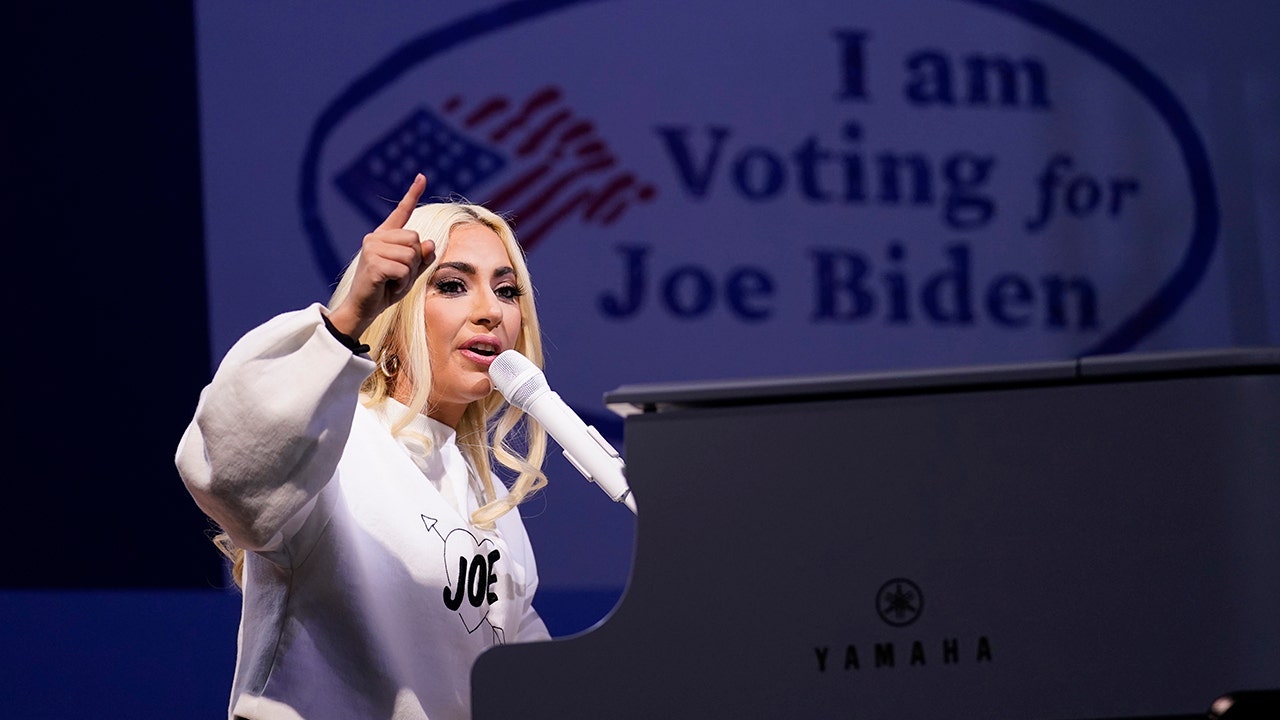A Chris Wood strategy to play on the demand revival in India
In an interview with ETNOW, the Global Head of Equity Strategy at Jefferies stated there are indicators in the previous two months that Covid circumstances have peaked.
“It has become clear that renewed lockdowns are unlikely. It makes sense to increase exposure to domestic demand,” he stated.
Wood stated he has shifted from Cipla to ICICI Bank a number of months in the past. He stated he likes SBI Life and that it’s not a commerce however a long-term ‘hold’ in his portfolio, as insurance coverage is a narrative on long-term enhance in penetration.
Asked why Indian bank stocks are rallying at the same time as financial institution shares globally are being battered, Wood stated the market right here in all probability has given banks the advantage of doubt.
“The other positive was that they stopped the loan moratorium and banks were able to raise equity. Indian private sector banks remain a good long-term story because they have a lot of potential to take market share from the state-owned banks,” Wood stated.
He stated he would search concrete proof of capex cycle restoration and wouldn’t simply rely on freight cargo motion, GST assortment and electrical energy consumption, amongst different indicators.
“We are most likely to see a pickup in the housing market, before we see a pickup in the capex cycle,” Wood informed ETNOW.
The housing market, he stated, has the catalysts of decrease costs and inexpensive rates of interest.
Wood stated the ongoing pandemic would naturally be coming to an finish at the time the vaccine is out there. He questioned how central banks would behave when the disaster is over.
“It will be very negative for markets if the central banks start to tighten policies. My base case is that the US Fed will remain dovish even under circumstances where it becomes clear that the pandemic has peaked, and is ending,” he stated.
He famous that the US Fed in the September FOMC modified the coverage to give itself room to formally overshoot its inflation goal of two per cent.
“The reason it has given itself room is because it has failed to reach 2 per cent for most of the last 10 years and, therefore, I am expecting the Fed to say we do not want to pre-emptively tighten the policy,” he stated.
Wood stated the ongoing financial downturn has been attributable to governments, and it may be reversed very simply.
Historically, there have been two main causes of financial downturns, he stated. One is the basic case the place overheating of an financial system leads to an increase in inflation and financial tightening. The second cause is a banking bust or downside in the banking system main to an increase in nonperforming loans. This, he stated, leads to a deflationary-driven downturn.
“This time around, we have a totally unprecedented trigger for the economic downturn that is a pandemic which has caused politicians and their wisdom to decide to lockdown. This downturn has been caused by governments and it can be reversed very easily,” he stated.
Wood stated some huge cash may very well be made in cyclical shares when the pandemic ends. “When I say cyclical stocks I mean things like auto stocks, energy stocks, airline stocks and all those sectors that have been hit by the so-called new normal. The best market to play that cyclical story is probably Japan,” he stated.




